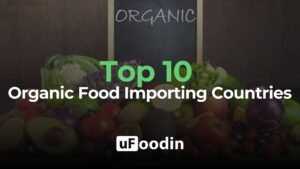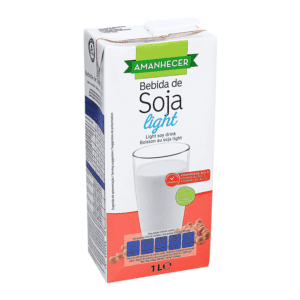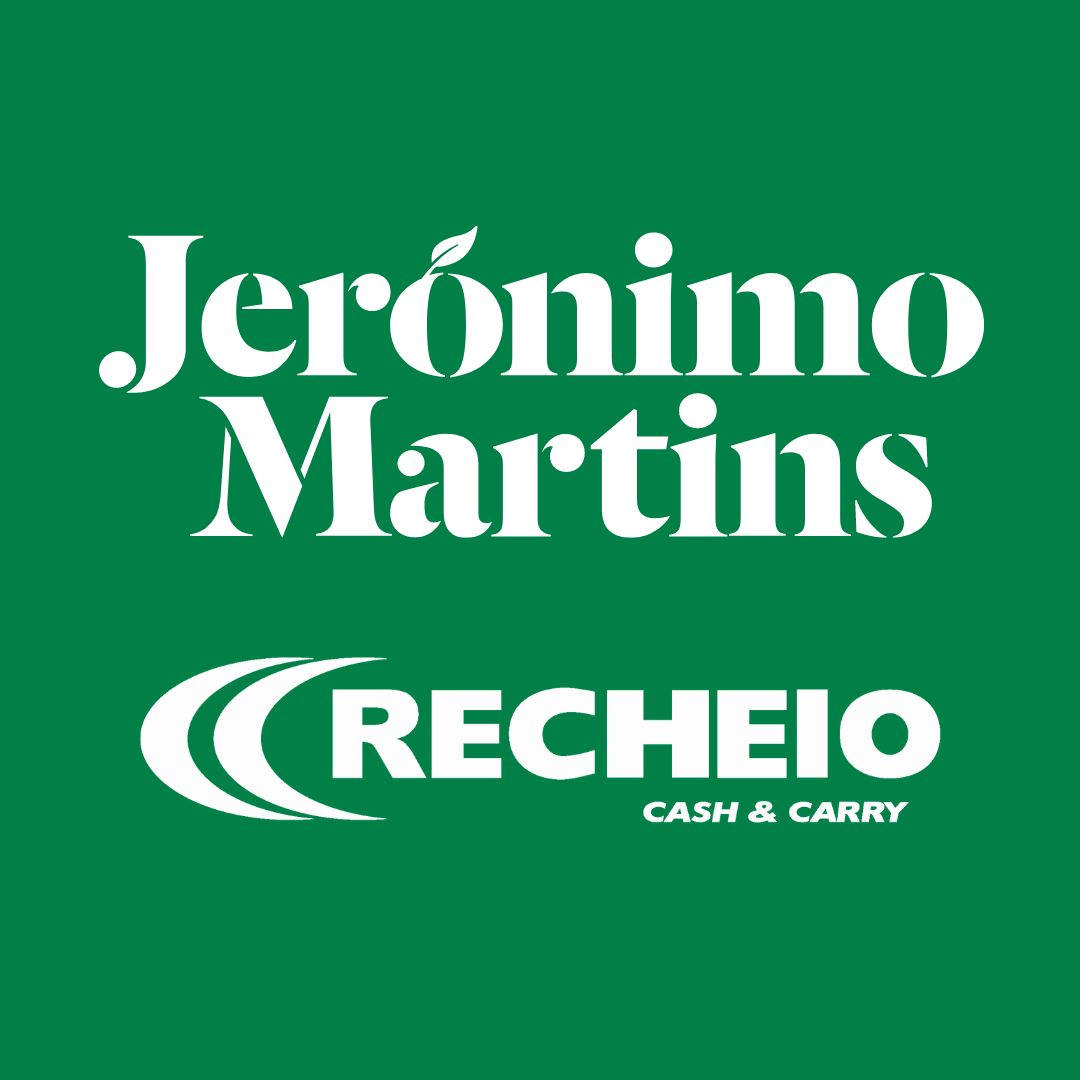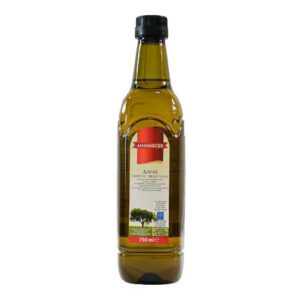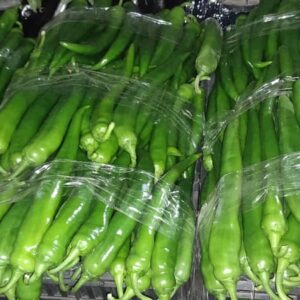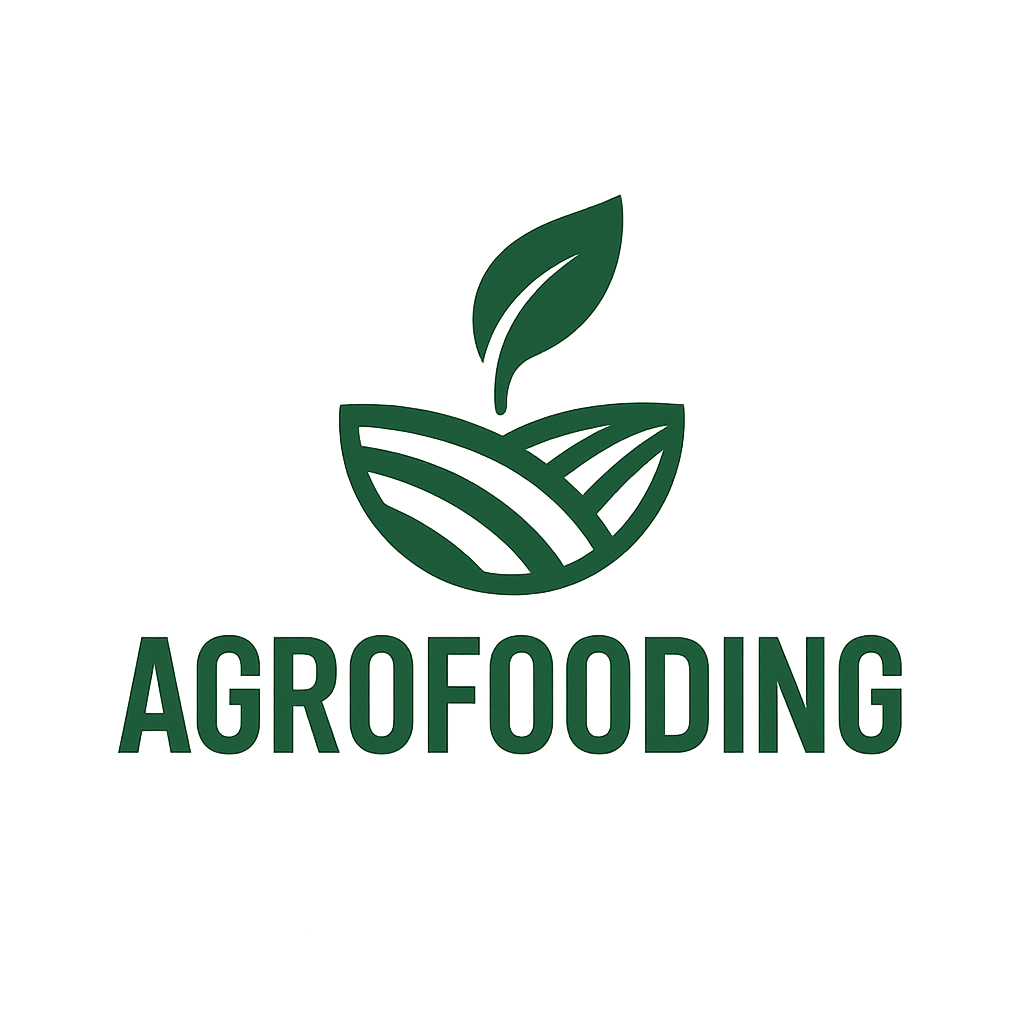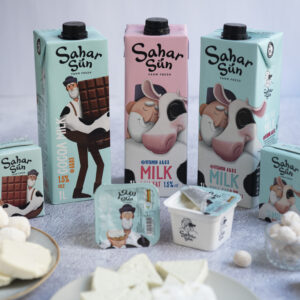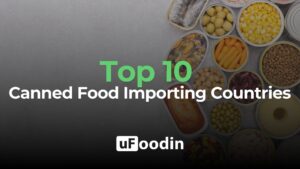
Top 10 Dairy-Free Cheese Brands
The global dairy-free cheese market is experiencing significant growth, driven by increasing consumer demand for plant-based alternatives and rising awareness of lactose intolerance. In 2023, the market was valued at approximately $3.5 billion and is projected to reach around $7.5 billion by 2032, with a Compound Annual Growth Rate (CAGR) of 8.5% during the forecast period.
Key Factors Driving Market Growth:
- Health and Dietary Considerations: A growing number of consumers are adopting vegan and plant-based diets for health reasons, leading to increased demand for dairy-free cheese products.
- Lactose Intolerance Awareness: Rising awareness of lactose intolerance and related health issues is prompting consumers to seek dairy-free alternatives.
- Environmental Concerns: Environmental concerns are also playing a vital role in the expansion of the dairy-free cheese market.
Regional Insights:
- Europe: Europe is anticipated to hold the largest market share of the dairy-free cheese market in terms of consumption and revenue growth.
- North America: North America is expected to witness significant growth due to the increasing prevalence of lactose intolerance among consumers, growing veganism trends, and rising awareness about the environmental impact of dairy farming.
- Asia-Pacific: The Asia-Pacific region is witnessing accelerated growth due to urbanization and an increase in health-conscious eating habits.
In summary, the dairy-free cheese market is poised for substantial growth, supported by health and dietary considerations, environmental concerns, and evolving consumer preferences. Companies that align with these trends are well-positioned to capitalize on the expanding opportunities within this dynamic sector.

1. Daiya Foods
- Headquarters: Burnaby, British Columbia, Canada
- Why It Stands Out: Daiya offers a comprehensive range of dairy-free cheese products, including shredded, sliced, and cream cheese varieties, catering to diverse consumer needs.
- Key Innovations: Development of allergen-free recipes and fortified dairy-free cheese with calcium and vitamin D.
2. Violife
- Headquarters: Thessaloniki, Greece
- Why It Stands Out: Known for its creamy texture and rich flavor, Violife has gained popularity among vegans and non-vegans alike.
- Key Innovations: Introduction of coconut oil-based cheese with fortified nutrients for a healthier alternative.
3. Miyoko’s Creamery
- Headquarters: Petaluma, California, USA
- Why It Stands Out: Miyoko’s specializes in artisanal dairy-free cheese, offering innovative products that mimic traditional dairy textures and flavors.
- Key Innovations: Use of fermentation and natural cultures to create authentic plant-based cheese.
4. Kite Hill
- Headquarters: Hayward, California, USA
- Why It Stands Out: Using almond milk as a base, Kite Hill delivers smooth, creamy dairy-free cheeses that appeal to gourmet food lovers.
- Key Innovations: Launch of probiotic-infused cheese spreads and yogurt-style dairy-free options.
5. Follow Your Heart
- Headquarters: Canoga Park, California, USA
- Why It Stands Out: Follow Your Heart offers a variety of plant-based cheeses and spreads with a focus on natural and organic ingredients.
- Key Innovations: Development of soy-free cheese and slices tailored for melting.
6. GreenVie Foods
- Headquarters: Limassol, Cyprus
- Why It Stands Out: GreenVie emphasizes sustainable and allergen-free cheese options, catering to European and global markets.
- Key Innovations: Introduction of smoked and Mediterranean-inspired flavors.
7. Sheese by Bute Island Foods
- Headquarters: Isle of Bute, Scotland
- Why It Stands Out: Sheese offers an extensive line of dairy-free cheeses, including blue cheese, smoked varieties, and spreads.
- Key Innovations: Commitment to allergen-free production and diverse flavor profiles.
8. Treeline Cheese
- Headquarters: Kingston, New York, USA
- Why It Stands Out: Treeline focuses on cashew-based cheese with an emphasis on probiotic-rich, naturally fermented products.
- Key Innovations: Launch of gourmet dairy-free cheese spreads and aged cheeses.
9. Nush
- Headquarters: London, UK
- Why It Stands Out: Nush specializes in dairy-free cream cheese made from almond and cashew bases, focusing on sustainability and health.
- Key Innovations: Development of sugar-free, high-protein alternatives.
10. Good Planet Foods
- Headquarters: Bellevue, Washington, USA
- Why It Stands Out: Good Planet Foods offers allergen-free and keto-friendly dairy-free cheese options, including shredded and sliced varieties.
- Key Innovations: Expansion into food service with bulk dairy-free cheese options for restaurants.
Major Trends in the Dairy-Free Cheese Industry
1. Expansion of Product Varieties
The demand for a broader range of dairy-free cheese options is accelerating. Consumers now seek products that mimic specific cheese types, such as cheddar, mozzarella, parmesan, and brie. The diversification of flavors, textures, and uses allows brands to cater to various culinary needs and preferences.
2. Health and Nutrition Focus
Consumers are looking for dairy-free cheese with added nutritional benefits. Fortified options that include vitamins D and B12, calcium, and probiotics are gaining popularity. Low-fat and allergen-free formulations also appeal to health-conscious individuals.
3. Growth of Premium and Artisanal Segments
The premium segment of the market is expanding, with a focus on artisanal dairy-free cheeses. Small-batch production and unique flavors, such as smoked or aged options, are appealing to gourmet consumers willing to pay a premium for quality.
4. Sustainability as a Driving Factor
Sustainability is central to consumer choices. Many dairy-free cheese producers highlight their reduced environmental impact compared to traditional dairy, including lower greenhouse gas emissions, reduced water usage, and ethical sourcing of raw materials.
5. Retail and Food Service Expansion
The availability of dairy-free cheese in both retail and food service channels is growing. Partnerships with pizza chains, restaurants, and meal kit providers have made these products more accessible. Retailers are also dedicating more shelf space to plant-based alternatives.
6. Innovations in Ingredient Sourcing
Brands are experimenting with alternative ingredients, including nuts (cashews, almonds), legumes (soy, peas), and even innovative bases like oats and potatoes. These advancements are improving texture and taste, making dairy-free cheese more palatable to a wider audience.

Main Challenges in the Dairy-Free Cheese Industry
1. High Production Costs
Producing dairy-free cheese requires advanced processing techniques and premium raw materials like nuts and legumes, leading to higher costs. Scaling production while maintaining affordability is a challenge for many brands.
2. Taste and Texture Perception
Despite advancements, many consumers still perceive dairy-free cheese as lacking the flavor or texture of traditional cheese. Overcoming this hurdle requires continuous innovation in food technology.
3. Regulatory and Labeling Issues
Inconsistent regulations around labeling plant-based products as “cheese” create challenges for marketing and distribution. For instance, some regions require brands to avoid dairy-associated terminology, limiting their ability to clearly communicate product uses.
4. Supply Chain Vulnerabilities
The reliance on specific raw materials, such as cashews or almonds, exposes the industry to price volatility, crop failures, and supply chain disruptions. Diversifying ingredient sources is essential to mitigating this risk.
5. Consumer Education and Awareness
Misinformation about the nutritional value and production methods of dairy-free cheese persists. Educating consumers about the health benefits and sustainability of these products is crucial for broader acceptance.
6. Competitive Pressure from Traditional Dairy
Traditional dairy brands are increasingly entering the plant-based space with their own dairy-free lines, intensifying competition. Established dairy brands often have larger budgets and more established distribution networks.
The Top 10 Dairy-Free Cheese Brands are not just reshaping the cheese industry—they are redefining consumer expectations around taste, nutrition, and sustainability. These brands have taken a niche market and transformed it into a rapidly growing global phenomenon, offering high-quality alternatives that appeal to a diverse audience of vegans, lactose-intolerant consumers, and environmentally conscious individuals.
Daiya, Violife, and Miyoko’s Creamery lead the way with innovative approaches to flavor, texture, and product variety, proving that dairy-free cheese can compete with and even surpass traditional options. Smaller brands like Sheese and Treeline are pushing boundaries with artisanal offerings, while companies like Follow Your Heart and Kite Hill focus on accessibility and health-driven innovation.
Platforms like uFoodin are instrumental in this growth. By providing a space for brands to connect with retailers, distributors, and consumers, uFoodin enables companies to showcase their innovations and access new markets. For emerging brands, the platform offers visibility in an increasingly competitive landscape, while established players can explore partnerships and expand their reach globally.
As the industry evolves, challenges such as cost efficiency, ingredient sourcing, and consumer education must be addressed. However, the growing demand for sustainable and health-conscious products ensures that dairy-free cheese is not just a trend but a long-term transformation in the food industry.
The future of dairy-free cheese lies in its ability to balance innovation with tradition, offering products that honor the heritage of cheese while embracing the possibilities of plant-based alternatives. With continuous advancements in food science, robust global networks like uFoodin, and increasing consumer acceptance, dairy-free cheese is poised to become a staple in households and restaurants worldwide.
uFoodin Editorial Team
Bibliography
- Statista: Global Dairy-Free Cheese Market Overview and Growth
- Grand View Research: Plant-Based Dairy Alternatives Industry Insights
- Fortune Business Insights: Trends in Dairy-Free and Vegan Foods
- IMARC Group: Dairy-Free Cheese Market Analysis and Forecast
- Mordor Intelligence: Key Innovations in Dairy-Free Cheese Production
- Future Market Insights: Consumer Behavior and Sustainability in Dairy-Free Alternatives

